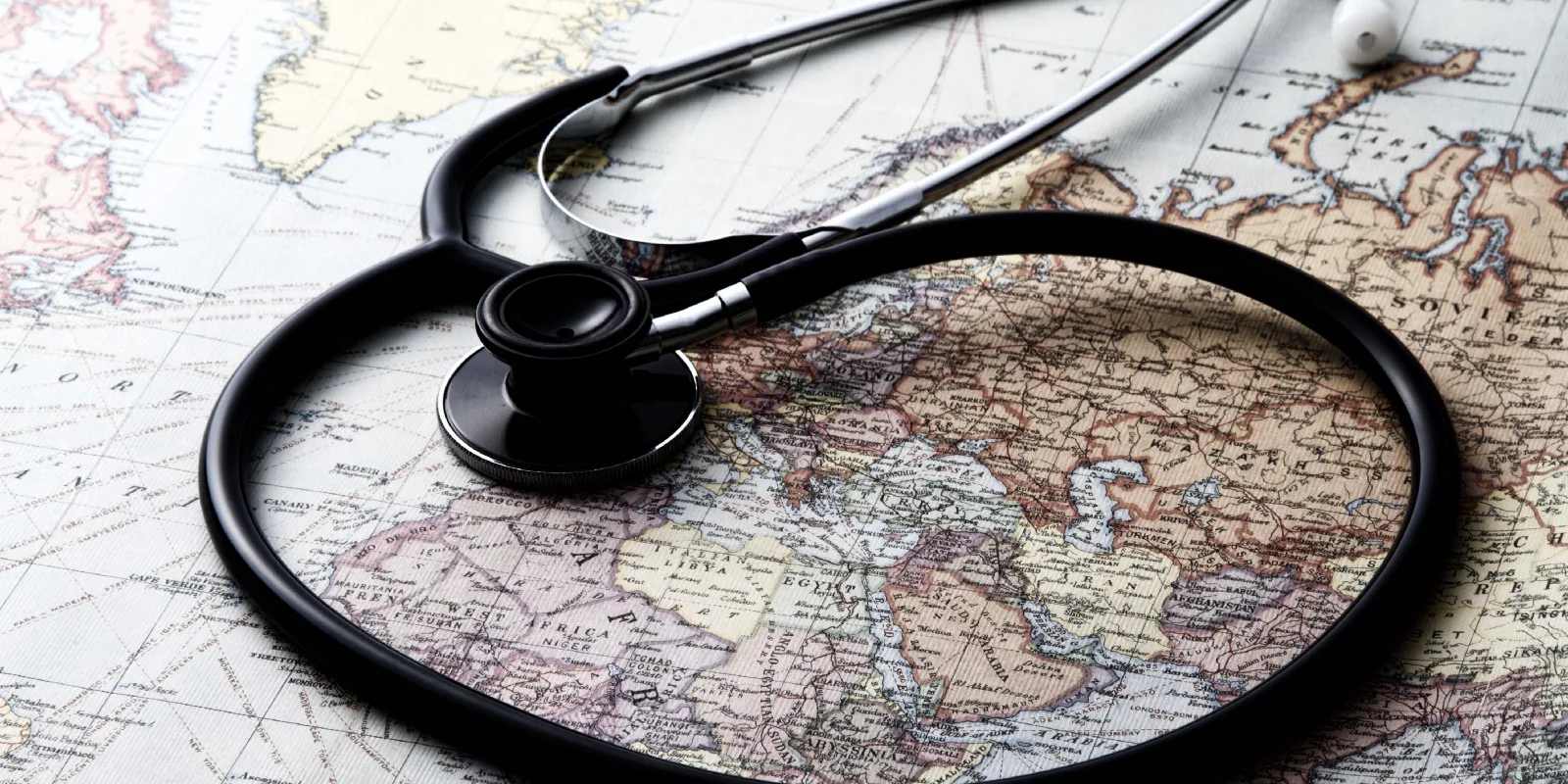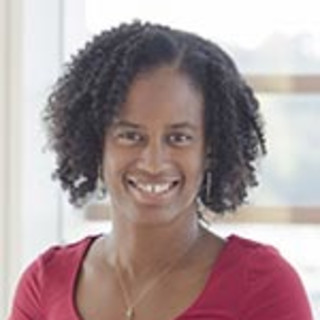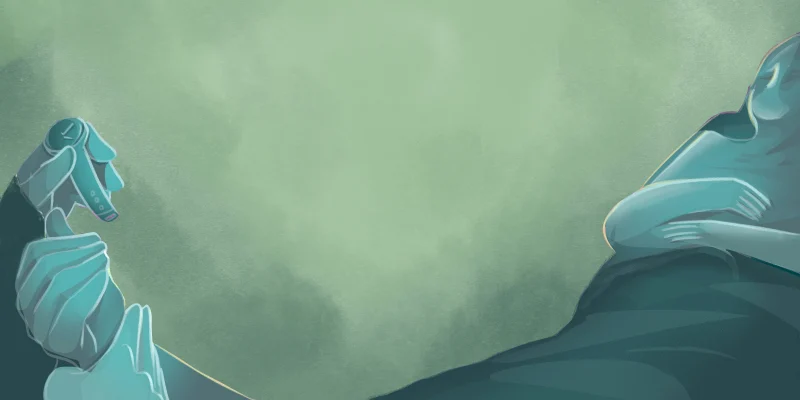
Graduation season has passed, new residents are starting in July and 4th year medical students are gearing up to start applying for next year’s match cycle. Twitter feeds are exploding with #TipsForNewDocs, with advice being offered to the newbie physicians from healthcare professionals at all stages of their careers. Reading through the threads, one thing I looked for was specific advice to international medical graduates (IMGs). The road to residency is a vulnerable time for any new doc, with heightened anxiety if you are an IMG. Reliving some of this anxiety led me to think of some of the advice I wish I had as an IMG student and grad.
Yes, some people will question the worth of your medical degree because they are not familiar with your school. Be proud of your school and make NO apologies for studying abroad.
Remind them that you took (or will take) the SAME USMLE exams as your US counterparts and that this exam levels the playing field. When interviewing at my “dream” residency program, I was told to my face by an interviewer that he would never have offered me an interview because he had never heard of my school. As I stared at him with wide eyes, he went on to comment that he was glad I was given an interview, because he would have turned away a stellar candidate for no good reason. There are not enough medical school spots to address the looming physician shortage, and everyone has a unique reason for choosing to study overseas. When people question your medical school choice, take the opportunity to tell your story and share the part that your school has played in helping you to achieve your dream. After your first year in residency, no one cares where you went to medical school. Seriously. When I interviewed for fellowship and for my first faculty position, no one asked about where I went to medical school. Focus on cultivating and maintaining a good reputation for your alma mater and remind others why you deserve to be there.
IMG imposter syndrome is like regular imposter syndrome, but with level ups and power boosts.
For about 6 months after starting residency, I wondered if someone was going to come up to me and say it was a mistake. I had earned my spot, there was no question about that; but did they really know that I was not like the others? It’s one thing to feel like an imposter as a new doc, but something completely different to KNOW that there is no one else like you in your class — common disappointments or expected failures leave you feeling like you really don’t belong. Again, remind yourself that YOU passed these exams and got those clerkship honors and DESERVE to be a resident at your program. The people who need to notice will see this effort. One of the biggest affirmations however was when an attending I admired asked for the exact spelling and location of my medical school, so he could pass on to ACGME that American University of Antigua College of Medicine graduates were top notch!
Don’t sell yourself short.
If you have the credentials and ability, take the chance on your dream program. You may be afraid of failure, but you can’t fail if you never try. Imposter syndrome almost got in the way of me having a chance at my dream residency because I didn’t believe my credentials were enough to offset my IMG status. Had it not been for my family’s encouragement, I would have turned down the opportunity to rotate there as a student at all because I never thought I had a chance. I matched there for residency and stayed for fellowship. Even if it might seem like a long-shot, your chance of matching is ZERO if you never even apply.
Be prepared to spend a lot of money; how much depends on your grades and your confidence
I applied to 50 residency programs but fellow IMG colleagues routinely applied to over 100–200 programs, hoping for a chance to interview at a handful, or even just one. It is expensive, and not part of tuition, so plan ahead, and apply to as many programs as you need to match the first time. Your chances of matching after previously going unmatched are significantly reduced, and I have seen capable people fail to match because they did not apply wisely. Once you successfully complete residency, you will be able to pay it back later. After residency match there are other expenses to consider, such as navigating through the visa sponsorship system, so account for these expenses too.
Don’t confuse a mentor with a sponsor.
You need both, and neither has to be an IMG. Your mentor can offer advice, research opportunities, and guide you as you navigate your career. Your Sponsor, on the other hand, is invested in you, using their current position to push/pull you through your career and advocate for your advancement. Your sponsor benefits when you succeed but risks their own reputation if you do not deliver.
Reach out to other IMGs who may have travelled this path before you.
US-medical graduates do NOT understand the IMG struggle, and not all IMGs experience the same struggle. For example, I have no idea what the J1 visa process is like because I became a permanent resident in medical school and I am now a US citizen. I do however know many friends who have struggled through this, so when I have people asking about those topics, I refer to my friends who are familiar with those experiences.
Get on Social Media.
The academic potential of #SoMe is limitless, and you may make some invaluable connections through social media that you may not otherwise have made. Likewise, #SoMe could be a portal for countless academic opportunities to get your name out in your field.
If you’ve navigated this process successfully, what’s some advice you would share with your younger IMG self?
Jasmine Marcelin, MD is an Assistant Professor in the Division of Infectious Diseases and Associate Medical Director of Antimicrobial Stewardship at University of Nebraska Medical Center in Omaha, NE. A native of the Commonwealth of Dominica passionate about diversity in medicine, Dr. Marcelin is a graduate of American University of Antigua College of Medicine. She completed Internal Medicine residency and Infectious Diseases fellowship at Mayo Clinic in Rochester, MN.







